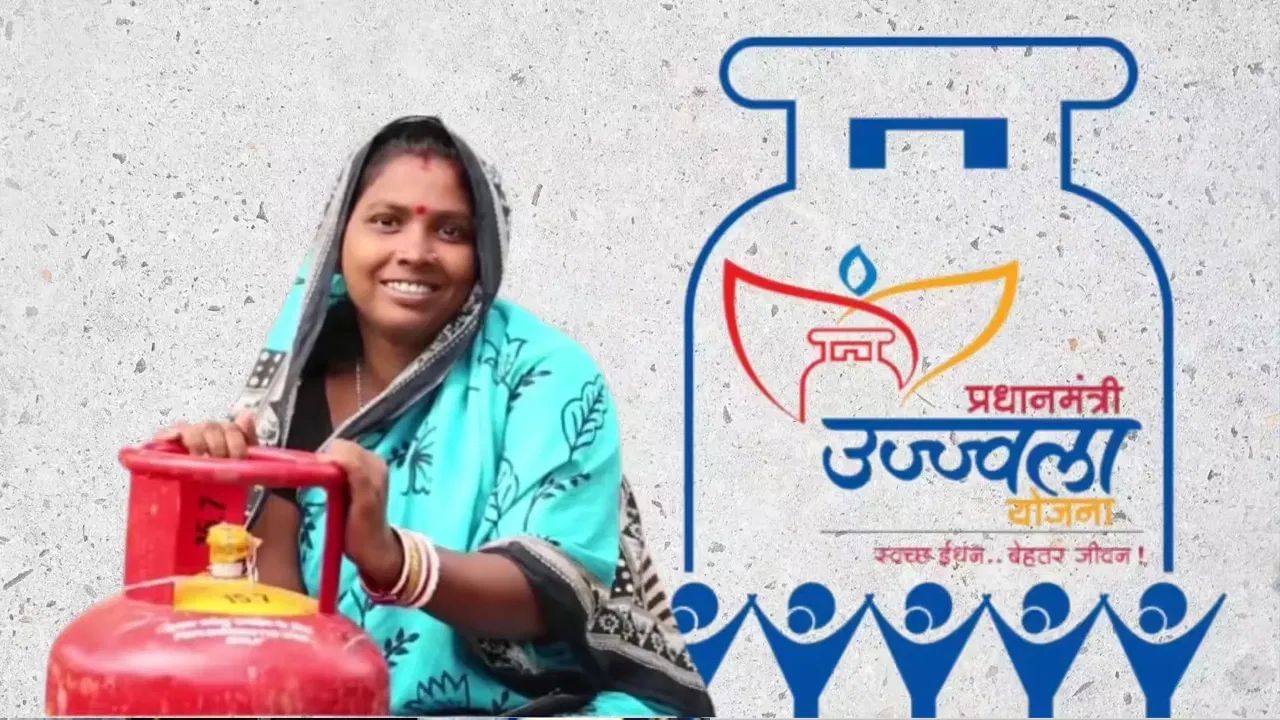Pradhan Mantri Ujjwala Yojana
Pradhan Mantri Ujjwala Yojana (PMUY) has changed the entire scenario of discussion on indoor air pollution, clean energy and gender equality in India. This scheme has achieved great success in providing Liquefied Petroleum Gas (LPG) to the poor population. Launched in 2016, this scheme was created to increase the use of clean energy in homes across the country. By 2023, LPG connections have been provided to more than 1 crore families under this scheme.
LPG coverage exceeds 95%
The secret of PMUY’s success lies in its strategy to increase LPG penetration, which includes both social awareness and subsidy. These subsidies cover the initial connection cost and regular expenses for fuel. The special thing is that the scheme made women the main beneficiaries and provided targeted subsidies directly to them. This effective structure and expansion of the LPG distribution network led to significant benefits including LPG coverage in India exceeding 95% and a three-fold increase in the use of LPG as the main fuel among rural households.
Dependence on solid fuels (e.g. coal, wood, charcoal) is gradually decreasing globally, but progress has been uneven in regions such as Asia and Africa. Indoor air pollution (HAP) remains a major health threat in low- and middle-income countries. In densely populated countries like India, about 10% of people are still exposed to HAP, putting millions at risk.
Health, environment and equality
Increasing use of clean energy sources such as LPG is important for sustainable development and health improvement. Research has shown that pregnant women who use LPG almost exclusively can reduce personal PM2.5 exposure by more than 80%. Pollution from solid fuels generates about 30% of PM2.5 pollution in India. Reducing HAP through PMUY will make it easier to meet national and WHO air quality standards. If all PMUY households made full use of LPG, an estimated more than 1,50,000 deaths could be prevented annually. It is possible to achieve significant reductions in infant mortality rates associated with low birth weight.
continuous challenge
Despite the great success of the scheme, the challenge of full and regular use of LPG still remains. There is a continuous need to improve the accessibility and affordable rates of LPG. It also aligns with the goals of UN Sustainable Development Goal 7.1, which calls for ensuring access to clean fuels for all by 2030. Pradhan Mantri Ujjwala Yojana has not only provided clean energy, but has also made significant contributions in the fields of health, environment and gender equality.
